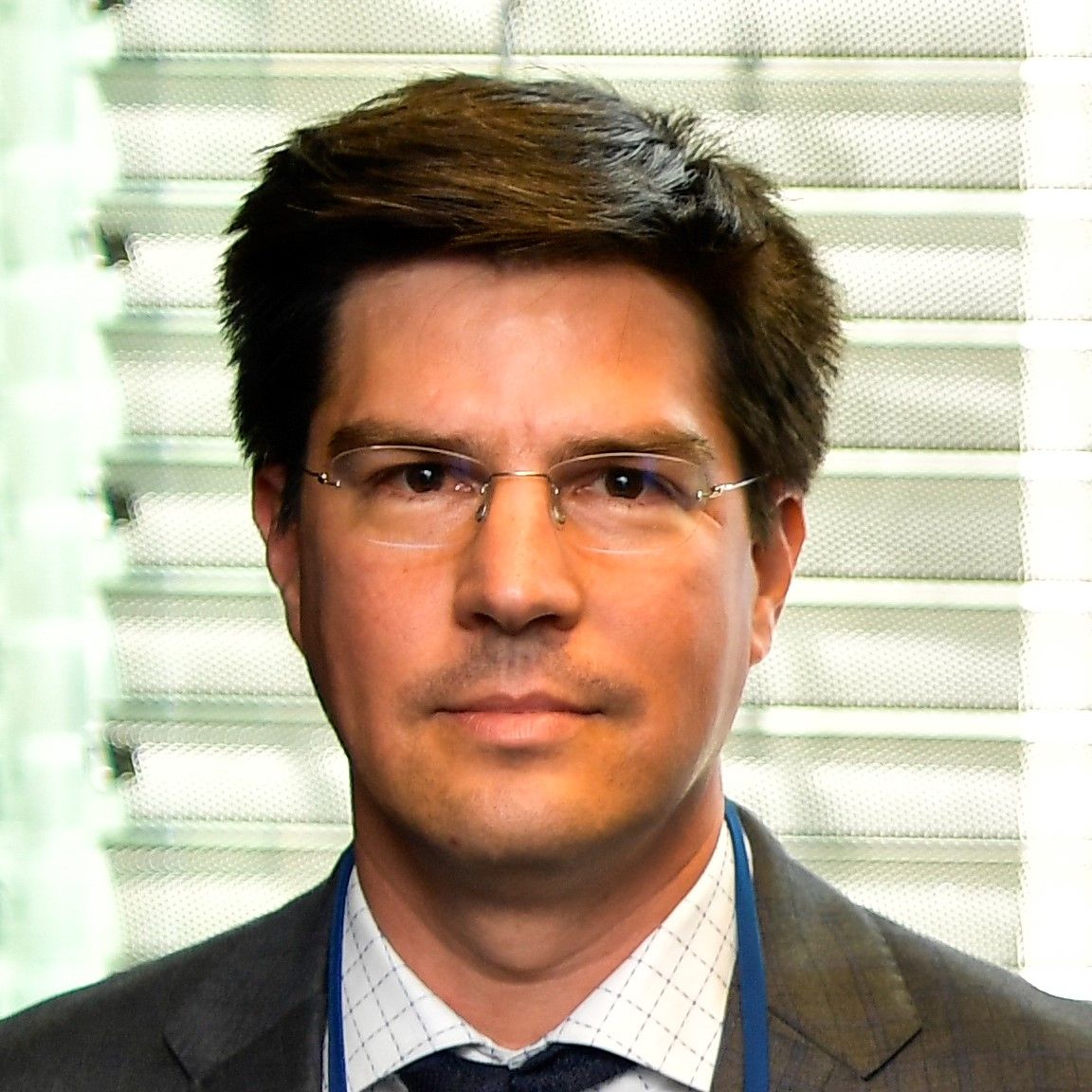Statistical Methods to Enable Practical on-site Tomographic Imaging of Whole Core Samples
OR
About the Course
SPWLA members, view the course for free!
SPWLA Distinguished Speaker Series. We show that statistical methods enable the use of portable industrial scanners (with sparse measurements), suitable for fast on-site whole-core X-ray computerized tomography (CT), as opposed to conventional (medical) devices (with dense measurements). This approach accelerates an informed first-stage general assessment of core samples. To that end, we show that this novel industrial tomographic measurement principle is feasible for rock sample imaging, in conjunction with suitable forms of priors in Bayesian inversion algorithms. We assess the performance of the inversion with Gaussian, Cauchy, and Total Variation (TV) priors. In so doing, we consider, in discrete form, conditional mean (CM) estimators, via Markov Chain Monte Carlo (MCMC) algorithms with noise-contaminated measurements.
To benchmark the reliability of whole-core imaging with sparse radiograms via Bayesian inversion, in our study we include X-ray CT from numerical simulations of synthetic and measurement-based whole-core samples. To that end, we consider tomographic measurements of fine- to medium-grained sandstone core samples, with igneous-rich pebbles from the Miocene, off the Shimokita Peninsula in Japan, and fractured welded tuff from Big Bend National Park, Texas. Bayesian inversion results show that with only 16 radiograms, natural fractures with aperture of less than 2mm wide are detectable. Additionally, images show approximately
spherical concretions of 6mm diameter. We show that to achieve similar results, filtered back projection (FBP) techniques require hundreds of radiograms, only possible
with conventional (medical) laboratory scanners.
This paper shows that Bayesian inversion on whole-core X-ray CT is capable of imaging coarse sedimentary features that, with faster, simplified measurement principles, would aid in more efficient operational petrophysical decisions for planning further core analysis.
Your Instructor

Alberto Mendoza is currently a Research Scientist with the Department of Mathematics at Imperial College London. He received a Ph.D. degree in Petroleum Engineering from the University of Texas at Austin in 2008. From 2008 to 2014, he worked for ExxonMobil Corporation as a Formation Evaluation Specialist in the USA and Russia, and during 2014-2016 he was a Petrophysical Engineer with Shell | NAM in The Netherlands.
